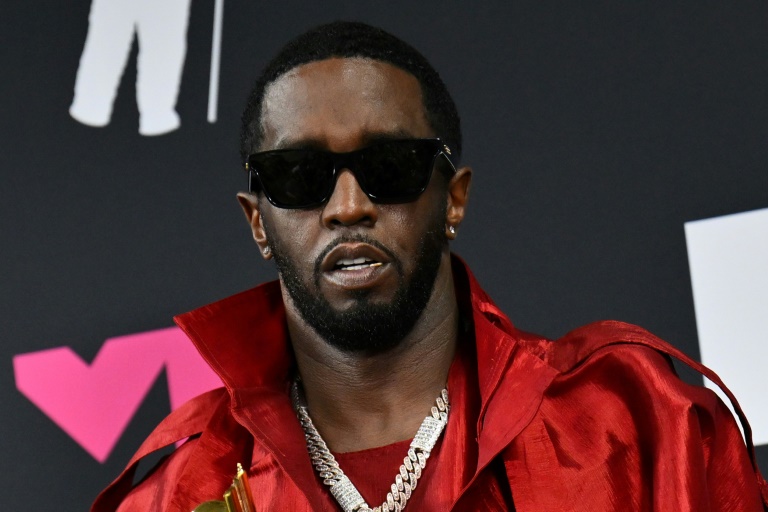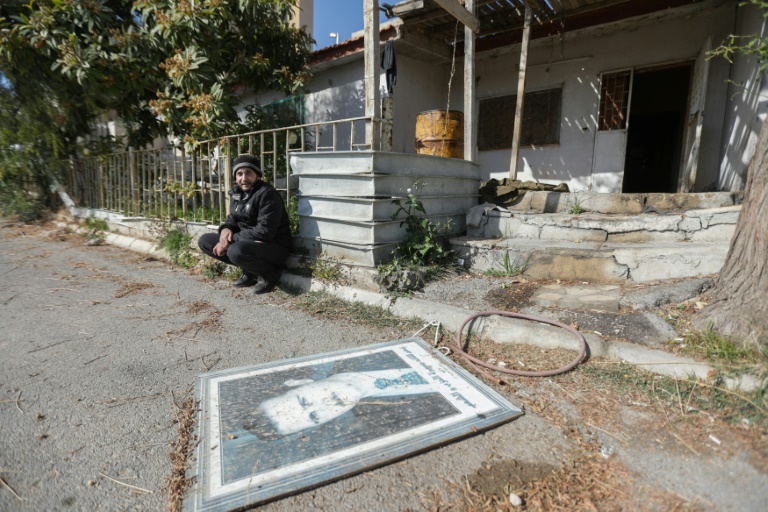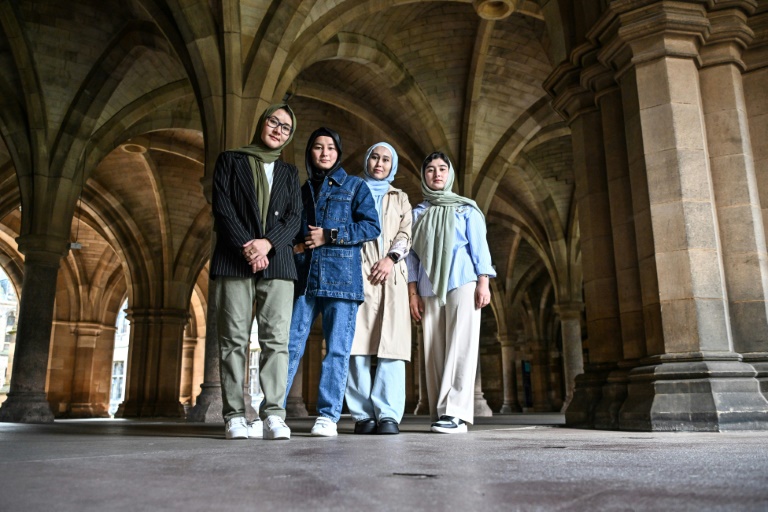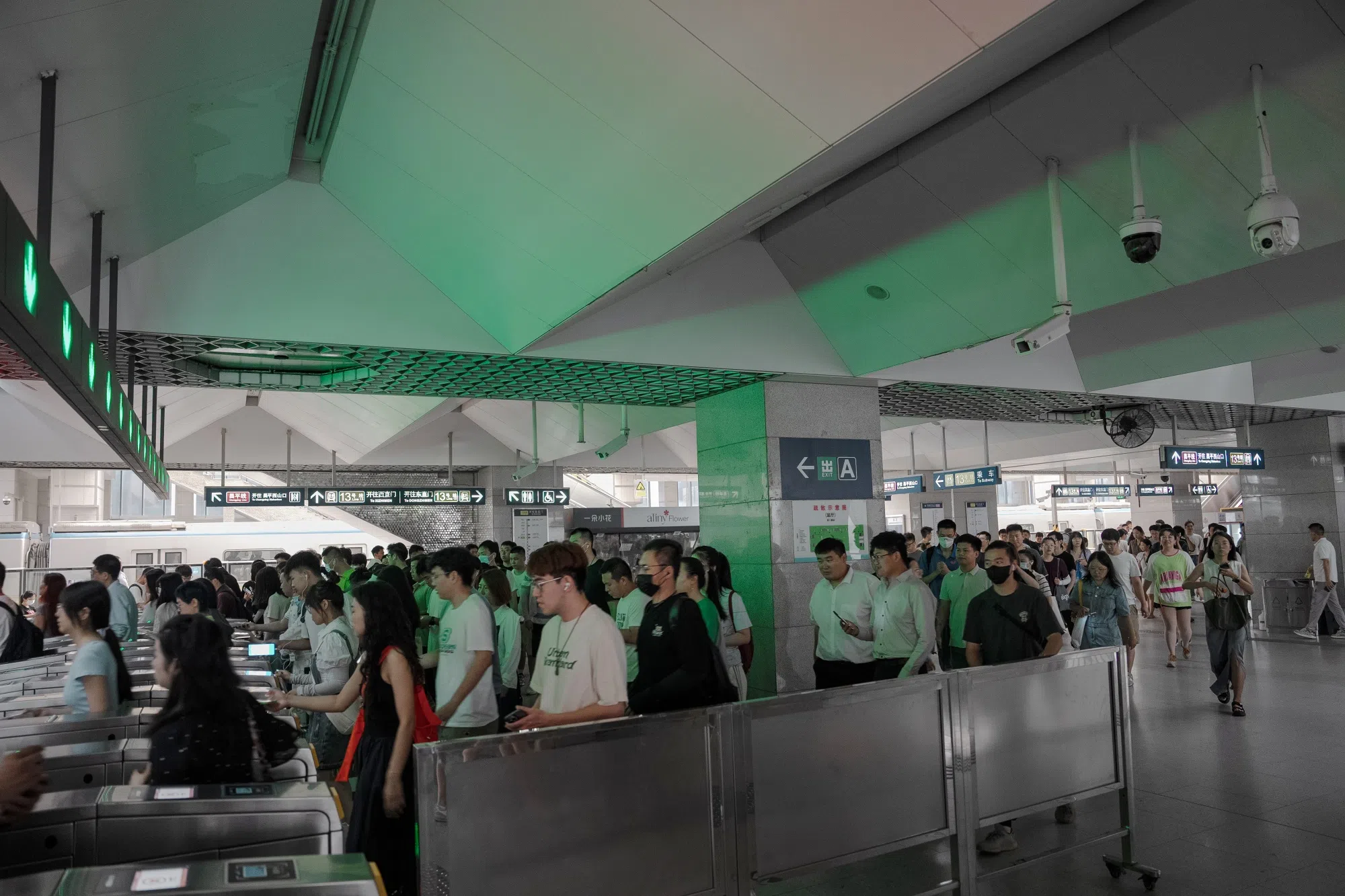Superstar rap mogul Sean “Diddy” Combs pleaded not guilty Tuesday to racketeering and sex trafficking charges, and was ordered to remain in custody pending a trial.
Combs, 54, was arrested by federal agents in New York on Monday evening and accused in a just-unsealed three-count criminal indictment alleging he sexually abused women and coerced them into drug-fueled sex parties using threats and violence.
Appearing in a Manhattan courtroom where many family members came to support him, the one-time music dignitary pleaded not guilty. His lawyer asked Magistrate Judge Robyn Tarnofsky to allow his release on bail.
After a lengthy bail hearing in which the prosecution voiced concerns including the potential for witness tampering and flight risk, Judge Tarnofsky denied bail, saying she was concerned about a “power imbalance” in the case that includes people she said are “subject to coercion.”
She also cited concerns over his alleged propensity for anger, violence and substance abuse.
Combs, who was wearing black t-shirt, grey sweatpants and sneakers, did not noticeably react to the pre-trial detention ruling, which his attorney, Marc Agnifilo, said would be appealed.
Along with racketeering conspiracy and sex trafficking, Combs is charged with one count of transporting victims across state lines to engage in prostitution.
Damian Williams, the US Attorney for the Southern District of New York, said that although Combs is the only person indicted for now the investigation is ongoing.
The indictment alleges that for decades Combs “abused, threatened, and coerced women and others around him to fulfill his sexual desires, protect his reputation, and conceal his conduct.”
It accused him of running a criminal enterprise that carried out “sex trafficking, forced labor, kidnapping, arson, bribery, and obstruction of justice.”
Combs allegedly engaged in a “persistent and pervasive pattern” of verbal, emotional, physical, and sexual abuse of women, the indictment said.
“On numerous occasions from at least in or about 2009 and continuing for years, Combs assaulted women by, among other things, striking, punching, dragging, throwing objects at, and kicking them,” it said.
Williams said female victims were forced to engage in extended sexual performances with male commercial sex workers in sessions called “Freak Offs,” which were planned and controlled by Combs and often videotaped.
“The Freak Offs sometimes lasted days at a time… and often involved a variety of narcotics such as ketamine, ecstasy and GHB,” he said. “The indictment alleges that Combs threatened and coerced victims to get them to participate in the Freak Offs.”
The powerful music industry figure, who has gone by various monikers including Puff Daddy and P Diddy, was credited as key to hip hop’s journey from the streets to luxury clubs.
Despite his efforts to cultivate the image of a smooth party kingpin and business magnate, a spate of lawsuits describe Combs as a violent man who used his celebrity to prey on women.
The floodgates opened last year after singer Cassie, whose real name is Casandra Ventura, alleged Combs subjected her to more than a decade of coercion by physical force and drugs as well as a 2018 rape.
The pair met when Ventura was 19 and Combs was 37, after which he signed her to his label and they began a relationship.
The bombshell suit was settled out of court, but a string of similarly lurid sexual assault claims followed — including one in December by a woman who alleged Combs and others gang-raped her when she was 17.
The rapper’s luxury homes in Miami and Los Angeles were raided by agents in March.
Disturbing surveillance video emerged in May showing Combs physically assaulting his then-girlfriend Ventura, corroborating allegations she made in the now-settled case.
The prosecution referenced the footage’s content during the bail hearing, suggesting it is a key element of their case.
Born Sean John Combs on November 4, 1969, in Harlem, the artist entered the industry as an intern in 1990 at Uptown Records, where he eventually became a talent director.
In 1991, he promoted a celebrity basketball game and concert at the City College of New York that left nine people dead after a stampede and resulted in a string of lawsuits.
He was fired from Uptown and founded his own label, Bad Boy Records.
That began a quick ascent to the top of East Coast hip hop, along with his late disciple, The Notorious B.I.G.
Combs boasted a number of major signed acts and production collaborations with the likes of Mary J Blige, Usher, Lil’ Kim, TLC, Mariah Carey and Boyz II Men.
He was also a Grammy-winning rapper in his own right, debuting with the chart-topping single “Can’t Nobody Hold Me Down” and his album “No Way Out.”







